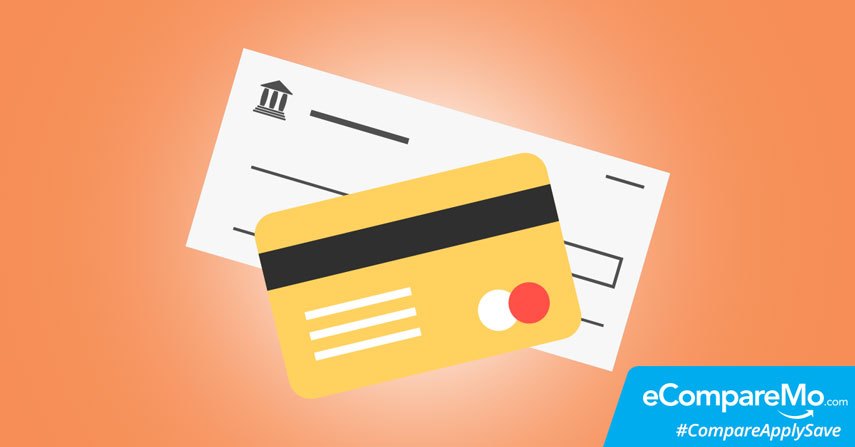You Can Now Pay Your Taxes Using Your Credit Card
3 min readCredit cards are good for many reasons. This time, the plastic has undergone another gorgeous upgrade: you can now pay your taxes with them.
Last April, the Bureau of Internal Revenue (BIR) issued Revenue Regulations No. 3-2016, which aims to make the lives of taxpayers much easier. The BIR now allows Filipinos to pay their taxes, interests, penalties, surcharges, and other fees using credit cards.
“In order to ease the burden on the taxpayers in the payment of internal revenue taxes, it is imperative that alternative modes of tax payments to cover full or partial payment of internal revenue taxes, including interest, penalties, surcharges and other applicable fees must be provided for the convenience of both the tax administration and the taxpaying public,†the memo states.
Read: (Are You ‘Ultra Rich’? This Is How Your Tax May Be Computed Soon)

With this resolution, the BIR will now accept payments from customers using credit, debit, and prepaid cards via partnering banks. However, there still are certain guidelines that taxpayers must follow when using their credit cards:
- Payment of taxes via credit cards is still optional, which means that those who have cards can still remit their government dues through BIR’s office or choose to use this alternate payment system.
- Taxpayers who will avail of this option can only pay their taxes with credit cards that bear their names. “Riding†or using the credit card of other people to pay their dues is not allowed.
- The credit cardholder will shoulder all the fees to be charged by credit card companies when using this payment method. Also, they won’t be deducted from the tax you owe the BIR.
- Payment errors won’t be charged to the taxpayer’s credit/debit card, and any tax credits can be in the form of refund via the credit card issuer or partnering bank.
Currently, only the Land Bank of the Philippines is authorized by the BIR to accept tax payments via credit cards. Other banks shall follow suit once the accuracy and security of their systems to process this new payment method have been tested and verified by the agency.
The future is cashless
“This change will greatly help people like the self-employed or the owners of micro-, small- and medium-sized businesses like market stalls and mall stores,” said BIR Deputy Commissioner Nelson Aspe in a report by CNN Philippines.
“They no longer have to line up for hours at the BIR. It doesn’t matter where they are, as long as there is a bank and there is an Internet connection, they will be able to pay their taxes and file their ITRs.”
With SME operators having the option to make cashless payment for their taxes, doing business in the Philippines will become more convenient. Currently, the Philippines ranks 99th among 190 countries surveyed by the World Bank’s Ease of Doing Business.
While the rank of the Philippines hasn’t changed since 2015, the country has yet to resolve a lot of issues in terms of new businesses. Aside from this reform, dealing with construction permits has also become easier for applicants.
How to pay your taxes using credit card
Simply follow these steps:
-
- Log on to the eFPS Log in the screen (http://www.bir.gov.ph) using your Tax Identification Number (TIN), Username, and Password supplied in the Enrollment Form to proceed to e-Filing.
- Answer the “Challenge Question†(exactly the way you answered in the Enrollment Form Page). Click the “Submit†button.
- From the user menu, select the appropriate Tax Return Form to fill out and click “File tax return†button.
- Fill-out the selected Tax Return Form and validate by clicking the “validate†button.
- A tax return is deemed filed after a Filing Reference Number is generated and displayed on the screen after successful submission of the tax return.
- After e-Filing, the taxpayer shall proceed to e-Tax Payment.
If you’re worried that your tax payments may not reflect in the system for some reason, worry not. Last month, the BIR amended a provision in the law that removes any liability from the taxpayer if the bank fails to remit your payment on time. This means that the moment you made a transaction using your card to pay your taxes is the moment, it’s now in the hands of the banks to send that payment to the BIR. However, the cardholder must pay his dues on time, lest they might face penalties.
